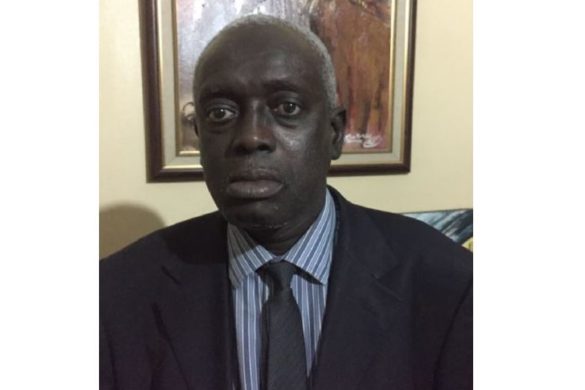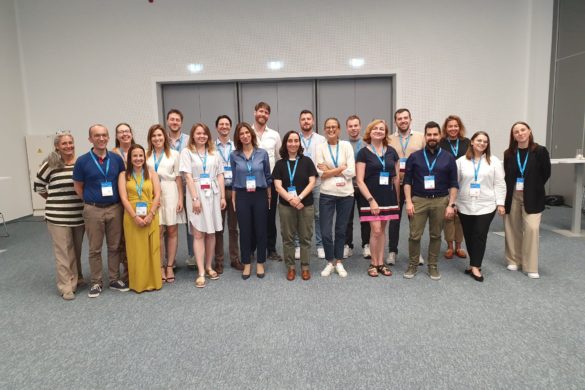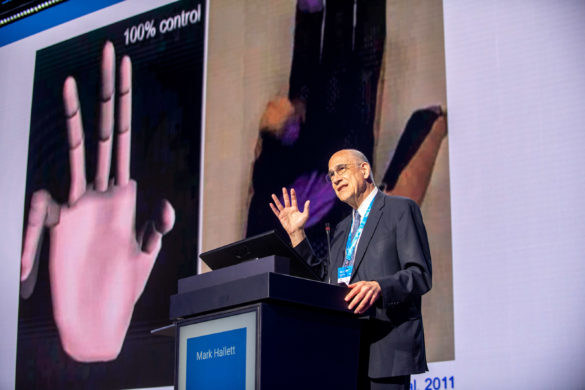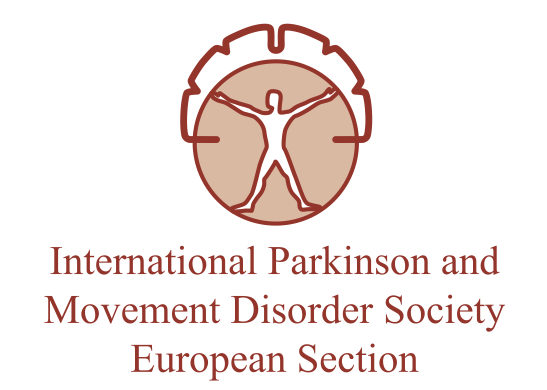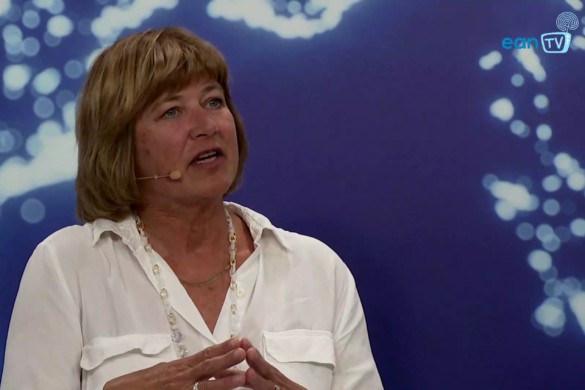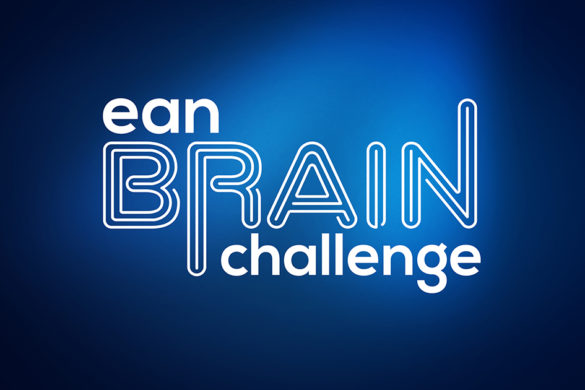by Tony Marson, Programme Committee Chair
Dear Friends and Colleagues,
First of all: happy new year!
It is my pleasure to address you in the first Executive Page of 2022. As Chair of the EAN Programme Committee, the timing could not be better. Just as we turn the corner into a new calendar year, preparations for the 8th Congress of the European Academy of Neurology are in full stride and there is plenty to tell you about.
After two years with a virtual congress, all of us at the EAN are really looking forward to meeting in person again in 2022. We all know there is a chance that circumstances could prevent a traditional congress—and we will continue to keep a close eye on all the relevant data between now and June—but our plans are currently in full swing for a face-to-face hybrid congress in Vienna.
I would like to encourage you to come and join us in the Austrian capital, where we are making up for a two-year gap by dedicating the meeting to the whole continent. In contrast to the usual city/year label we apply to our congresses, this one is tagged ‘Europe 2022’ to reflect the fact that we are reuniting after such a long time apart. There can surely be no better place to do that than right in the heart of Europe, in the home city of our EAN Head Office.
However, we clearly cannot ignore the possibility that the situation might change, and we are therefore offering a no-risk registration fee for anyone who wants to attend in person. If you pay for full onsite participation and the congress is later converted to a purely online event, we will automatically convert your registration to ‘virtual interactive’ and refund the difference*. Registration is open, so now is the time to grab your ticket for the early fee (deadline 27 April) and start crossing your fingers for a healthy spring.
Abstract submission for the congress has been open for several weeks and it is heartening to see an early influx of contributions. We hear from authors time and time again that presenting at our congress is a great experience. For first-time presenters—especially those giving oral presentations—getting an abstract accepted is often the spark that ignites a long relationship with the EAN and our congress. If you have something to share and are considering submitting, you still have until 12 January. Whether you prefer to present your work in an oral platform presentation or as an ePoster (or our new virtual ePoster format) there is no better opportunity to share your latest study results with an enthusiastic international audience.
The scientific sessions we create based on accepted abstracts are very much an essential part of our annual meeting. But of course, the congress programme is also filled with content we have prepared long in advance. Our Preliminary Programme (PDF) lists a fantastic variety of plenary symposia, focused workshops, teaching courses, hands-on courses, case-based workshops, and many other session formats designed to offer the widest possible range of options for every participant.
The overarching theme for EAN 2022 is ‘Getting Evidence into Practice’ and we have put together a great group of workshops and symposia addressing this subject. Leading specialists will tackle timely and relevant questions such as which clinical trial designs best inform practice; what evidence informs the use of diagnostic tests; are guidelines a useful tool for improving outcomes; and how do we get guidelines applied and implemented? I for one am excited to hear from our selected experts on these issues.
Other highlights to get excited about are of course the honorary lectures that comprise the Presidential Symposium. These talks are invariably among the most fascinating at every EAN congress and I am eagerly looking forward to this year’s contributions from Kailash Bhatia (UK, C. Brown-Séquard Lecture – The translational clinician: big gains from small observations); Hans Lassmann (Austria, Camillo Golgi Lecture – The Contribution of Neuropathology to Multiple Sclerosis Research); Bo Norrving (Sweden, Moritz Romberg Lecture – Stroke systems and systematics); and Michael Moskowitz (USA, The Brain Prize Lecture – The trigeminovascular system as a template for discovery in migraine). More details will be made available about these lectures close to the congress.
The Preliminary Programme contains many more details about sessions, our virtual congress platform, bursaries, the tournament for trainees, and much more, so I urge you to take a close look and whet your appetite. In the meantime, I look forward to revealing more details about our congress highlights over the coming months and eventually welcoming you to Vienna for our long-awaited reunion in June at EAN 2022.
With best wishes for a happy and healthy new year
Tony Marson, Programme Committee Chair
*Refunds will only be made in the case of cancellation of the onsite congress in Vienna, Austria. No refunds will be made for individual cancellations due to local restrictions in other countries.






